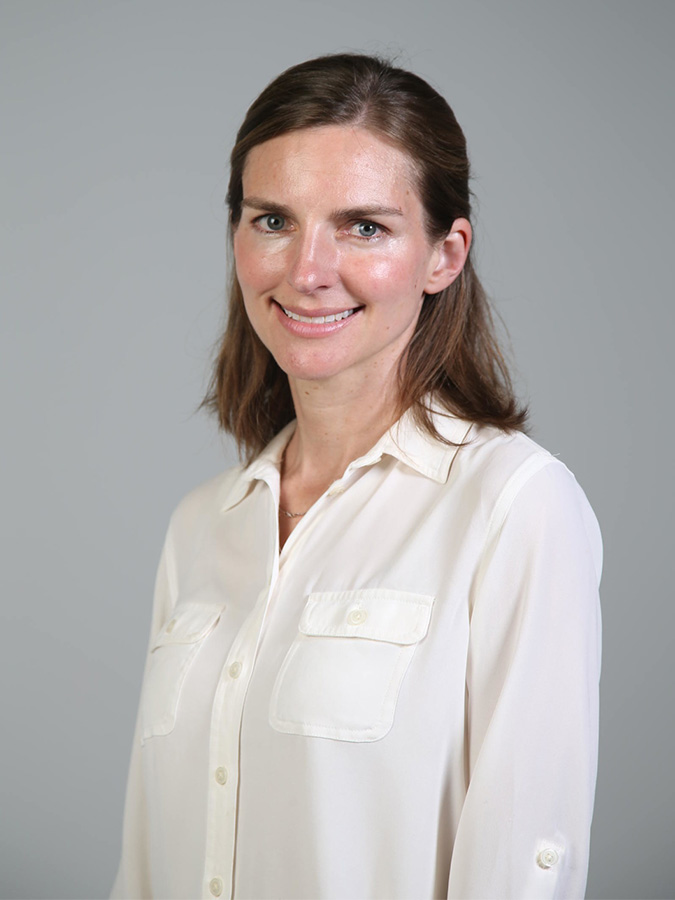Melinda Nielsen, Ph.D.
Associate Professor of Classical Literature

Education
- Ph.D., University of Notre Dame
- M.A., University of Notre Dame
- B.A., Hillsdale College
Specialties
- Boethius
- Manuscript Studies
- Medieval English Literature
Research Interests
The translation and reception of classical learning in medieval literature.
Books
- Editor and translator, Speculum humanae salvationis (Brill, forthcoming 2019)
- Editor and translator. Prosper of Aquitaine’s Liber epigrammatum. Contracted with Library of Early Christianity, Catholic University of America Press.
Peer-reviewed Articles
- “Scholastic Persuasion in Thomas Usk’s Testament of Love,” Viator: Journal of Medieval and Renaissance Studies 42.2 (August 2011): 183-203.
- "Emending Oneself: Compilatio and Revisio in William Langland, Ranulph Higden, and Thomas Usk." In New Directions in Medieval Manuscript Studies and Reading Practices: Essays in Honor of Derek Pearsall's 80th Birthday, ed. John Thompson, Kathryn Kerby-Fulton, and Sarah Baechle (University of Notre Dame Press, Spring 2014).
- “The Christian Socrates: Autobiography and Conversion in the Consolation of Philosophy," LOGOS 17.3 (Summer 2014): 143-157.
- “Education’s Discarded Image: C. S. Lewis and the Theological Tradition of the Liberal Arts,” Pro Ecclesia: A Journal of Catholic and Evangelical Theology 42.3 (Summer 2015): 271-88. Co-authored with Philip G. Nielsen.
- 5. "‘Nothing Almost Sees Miracles / But Misery’: Epicurean Causality and the Ascetical Journey in King Lear,” LOGOS 19.4 (Fall 2016): 101-116.
- “Translating Lady Philosophy: Chaucer and the Boethian Corpus of Cambridge University Library MS. Ii.3.21,” The Chaucer Review 51.2 (April 2016): 209-226.
- “Being Boethius: Vitae, Politics, and Troth in Thomas Usk’s Testament of Love,” Studies in Philology 115.1 (Winter 2018): 25-47.
- “Putting Boethius back into the Boece: the ethics of authorship in the Boke of Coumfort,” The Chaucer Review 54 (forthcoming 2019).
Work in Progress
- Article on Augustine and Boethius
- Article on John Henry Newman and C. S. Lewis